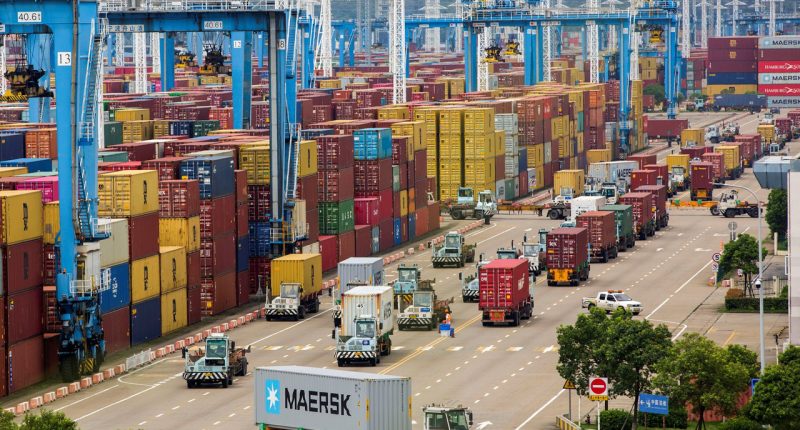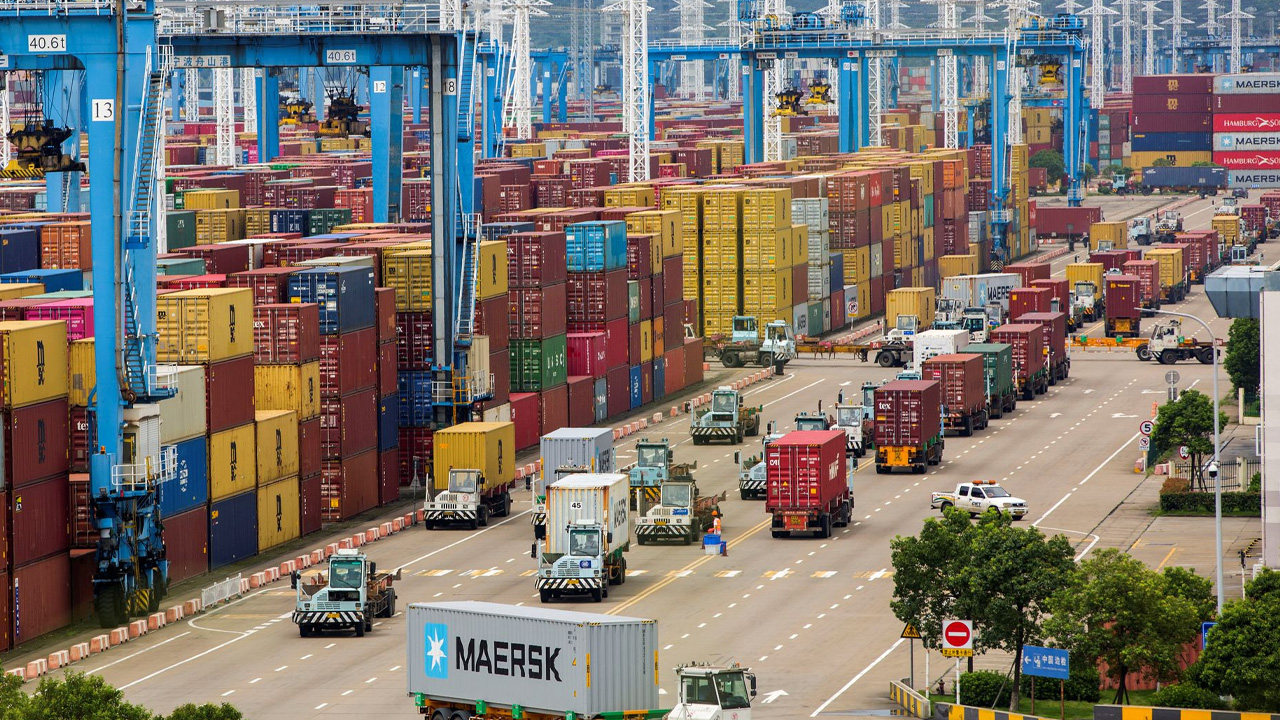- Shipping delays due to port congestion are expected to continue until at least early 2023
- COVID-19 has lengthened ship delivery times since 2020, while the Russia-Ukraine conflict and lockdowns in Shanghai have added to supply chain disruptions this year
- More vessels are expected to join the global fleet next year, but Visy Industries’ Peter Sundara said this does not mean that freight rates will drop
- Executives recommended charterers sign longer-term contracts with shipowners to overcome issues of volatile cost and availability
Global port congestion is set to continue until at least early 2023 with logistics executives urging charters to switch to long-term contracts to manage shipping costs.
The pandemic has lengthened ship delivery times since 2020, pushing up freight costs, while the Russia-Ukraine conflict and lockdowns in Shanghai have added to supply chain disruptions this year.
“We believe the current congestions, not only the ports but also the landside infrastructure, will be there at least till the first quarter of 2023,” said Peter Sundara, head of global ocean freight product for the global logistics division at Visy Industries.
More vessels are expected to join the global fleet next year, but Mr Sundara said this does not mean that freight rates will drop as it depends on how ship carriers allocate increased vessel capacities, he told the S&P Global Platts Bunker and Shipping Summit.
Head of investment support at industrial equipment supplier BMT Asia Pacific said the rising shipping costs, longer transit times and higher uncertainty will be the “new normal” for the industry.
Executives recommended charterers sign longer-term contracts with shipowners to overcome issues of volatile cost and availability.







